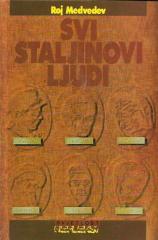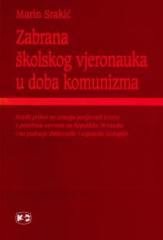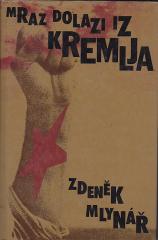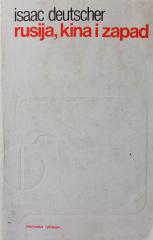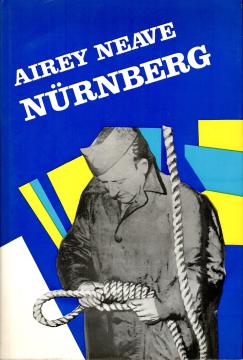
Nürnberg: Osobno svjedočanstvo o suđenju glavnim nacističkim ratnim zločincima 1945-1946. godine
Airey Neave's book "Nuremberg" provides a detailed look at the historical trial against major Nazi leaders after World War II, known as the Nuremberg Trials (1945–1946).
Airey Neave, a British lawyer and military officer, was directly involved in the trial as part of the prosecution team, which makes his book a unique and highly authentic account of this pivotal event in the history of justice and international law.
The book follows the course of the trials of the Nazi leaders chronologically, providing historical, legal and personal insight into the process.
Neave explains how the trial was organized in response to the crimes of the Nazi regime, including war crimes, crimes against humanity and crimes of aggression. Describes the formation of the International Military Tribunal, composed of judges from the United States of America, Great Britain, the Soviet Union and France.
The book details the main defendants, including Hermann Göring, Rudolf Hess, Joachim von Ribbentrop and Albert Speer. Neave provides psychological profiles of the accused, exploring their personalities, reactions during the trial and defense strategies.
The book focuses on the use of documentation and testimony that exposed Nazi atrocities, including the Holocaust. Neave emphasizes the importance of the trial as a historical precedent for documenting and punishing mass crimes.
The book explores the importance of legal responsibility for crimes committed during war and lays the foundation for modern international law.
Airey Neave's "Nuremberg" is a key historical account of one of the most important legal trials of the 20th century. The book provides a deep understanding of not only the legal and historical aspects of the process, but also the moral issues related to justice and accountability.
No copies available
The last copy was sold recently.
